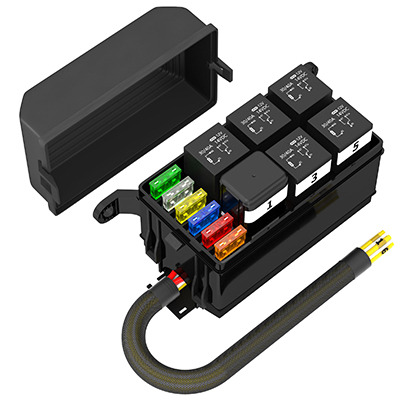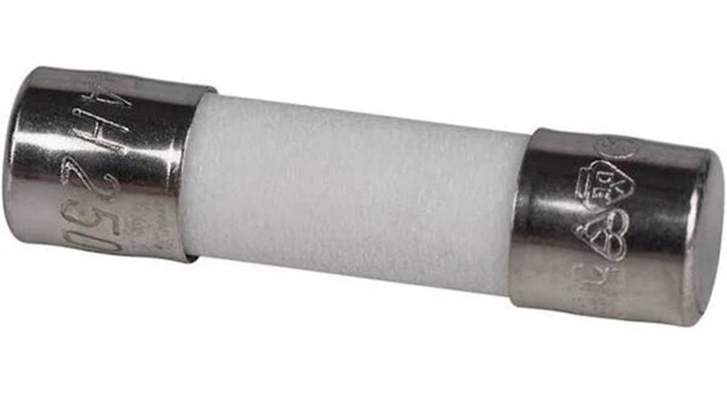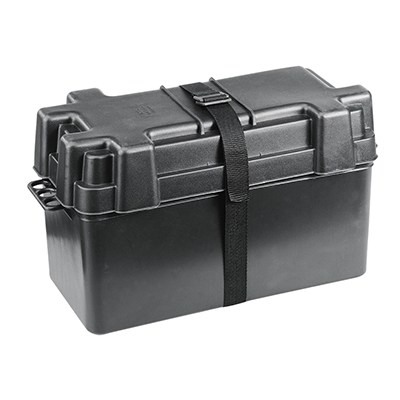Reliable Fuse Protection Systems for Fuel Pumps and Engine Circuits
News 2025-10-20
In automotive engineering, fuse boxes are crucial for maintaining the integrity of electrical systems, particularly in components like fuel pumps and engine circuits. These devices act as safeguards against electrical overloads and short circuits, which can cause significant damage or safety hazards in vehicles. By integrating advanced circuit protection, fuse boxes ensure that essential operations continue uninterrupted, supporting everything from daily commutes to high-demand industrial applications.

Key Applications in Vehicle Systems
Fuse boxes dedicated to fuel pumps are vital in scenarios where consistent fuel delivery is critical, such as in performance cars, trucks, and heavy machinery. They prevent disruptions from electrical faults that could halt fuel flow, impacting engine performance and efficiency. For engine circuits, these systems protect sensitive elements like ignition coils and control modules, ensuring reliability in extreme conditions like off-road driving or high-speed operations, thus extending the lifespan of automotive components.
Performance and Safety Benefits
These fuse boxes offer superior protection through precise current interruption, reducing the risk of fires and component failures. Constructed with robust materials that withstand temperature fluctuations and vibrations, they provide long-term durability in harsh automotive environments. Additionally, their design facilitates quick diagnostics and replacements, minimizing repair costs and downtime, which enhances overall vehicle reliability and user satisfaction in both consumer and commercial settings.
Common Questions and Answers
1. What role does a fuse box play in engine protection?
It isolates faulty circuits to prevent damage from electrical surges, ensuring safe and efficient engine operation.
2. Why are fuse boxes essential for fuel pump systems?
They safeguard against overcurrent issues that could cause pump failure, maintaining consistent fuel supply and vehicle performance.
3. How often should fuse boxes be inspected?
Regular checks, ideally during routine maintenance, help identify worn components and ensure ongoing reliability.


